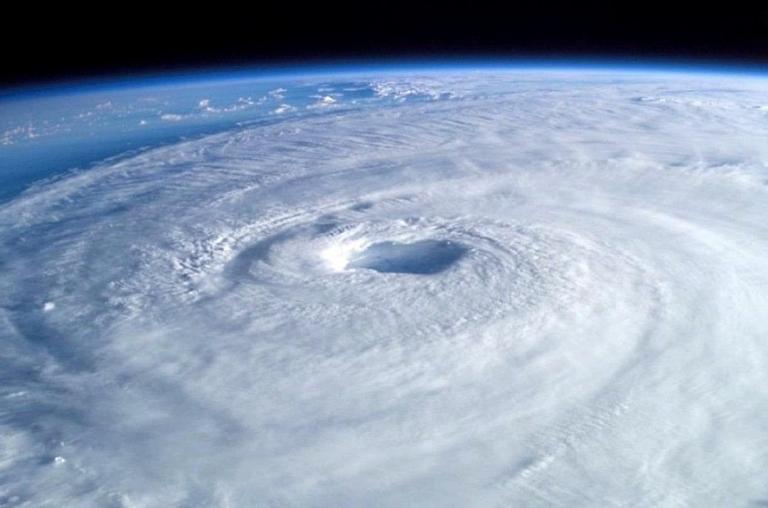Storms and waters pound states like Florida and Texas while fires rage in the states of Oregon and Washington. They have caused such devastation, destroying anything in their path.
Luke 8:22-25 may come as a source of comfort and/or consternation to people facing various dangers and disasters in life. Jesus is found sound asleep in a boat on a lake during a raging storm as his disciples frantically try to cross to land (some of them expert sailors), no doubt bailing water as they go.
One day he got into a boat with his disciples, and he said to them, “Let us go across to the other side of the lake.” So they set out, and as they sailed he fell asleep. And a windstorm came down on the lake, and they were filling with water and were in danger. And they went and woke him, saying, “Master, Master, we are perishing!” And he awoke and rebuked the wind and the raging waves, and they ceased, and there was a calm. He said to them, “Where is your faith?” And they were afraid, and they marveled, saying to one another, “Who then is this, that he commands even winds and water, and they obey him?” (Luke 8:22-25; ESV)
As the story reveals, in a fit of panic, the disciples wake Jesus, telling them they are going to drown. Jesus gets up, rebukes and silences the winds and waves, and then gently exhorts his followers to trust him.
No doubt, the Synoptic treatments of this episode are intended to show that Jesus is master of the watery chaos and abyss. They are led to ponder: “Who then is this?” No doubt they (we?) are reminded of their Jewish Scriptures—from the creation account to Israel’s crossing of the Red Sea, to the crossing of the Jordan River. In all three events, God demonstrates his authority and power over the watery chaos (see Peter Enns’ engagement of Luke 8 here). Psalm 107:23-32 also makes this point:
Some went down to the sea in ships,
doing business on the great waters;
they saw the deeds of the Lord,
his wondrous works in the deep.
For he commanded and raised the stormy wind,
which lifted up the waves of the sea.
They mounted up to heaven; they went down to the depths;
their courage melted away in their evil plight;
they reeled and staggered like drunken men
and were at their wits’ end.
Then they cried to the Lord in their trouble,
and he delivered them from their distress.
He made the storm be still,
and the waves of the sea were hushed.
Then they were glad that the waters were quiet,
and he brought them to their desired haven.
Let them thank the Lord for his steadfast love,
for his wondrous works to the children of man!
Let them extol him in the congregation of the people,
and praise him in the assembly of the elders. (ESV)
If I were one of the disciples, I may have been very upset that Jesus would lead us to get into a boat to cross a lake, if he were to know that a dangerous storm would rise and that he would sleep through it. Then again, after it was all said and done, I might ponder: “Who then is this?” None of this shakes him. In fact, he controls destiny, even as he sleeps, as well as the winds and waves, even with a word of rebuke.
Karl Barth references this gospel story and reminds the church that our ultimate confidence is in the Lord, not our ecclesial establishment and expertise. (Refer here and here).
Even expert fisherman (who would become leaders of the church) could not navigate the storm, only the Lord.
It is easy to be wary and afraid and lament to the point of despair in the face of natural and religious disasters that rage in our day. While we must do our part to bail water where necessary, this account in all three Synoptic Gospels reminds us to be aware: as long as the Lord is in the ship we need not fear total destruction. Our ultimate destiny is secure: “Who then is this, that he commands even winds and water, and they obey him?”
This is the second of four posts addressing the theme of awareness and wariness. Refer here for the first post. The second through fourth posts engage accounts in Luke 8.













